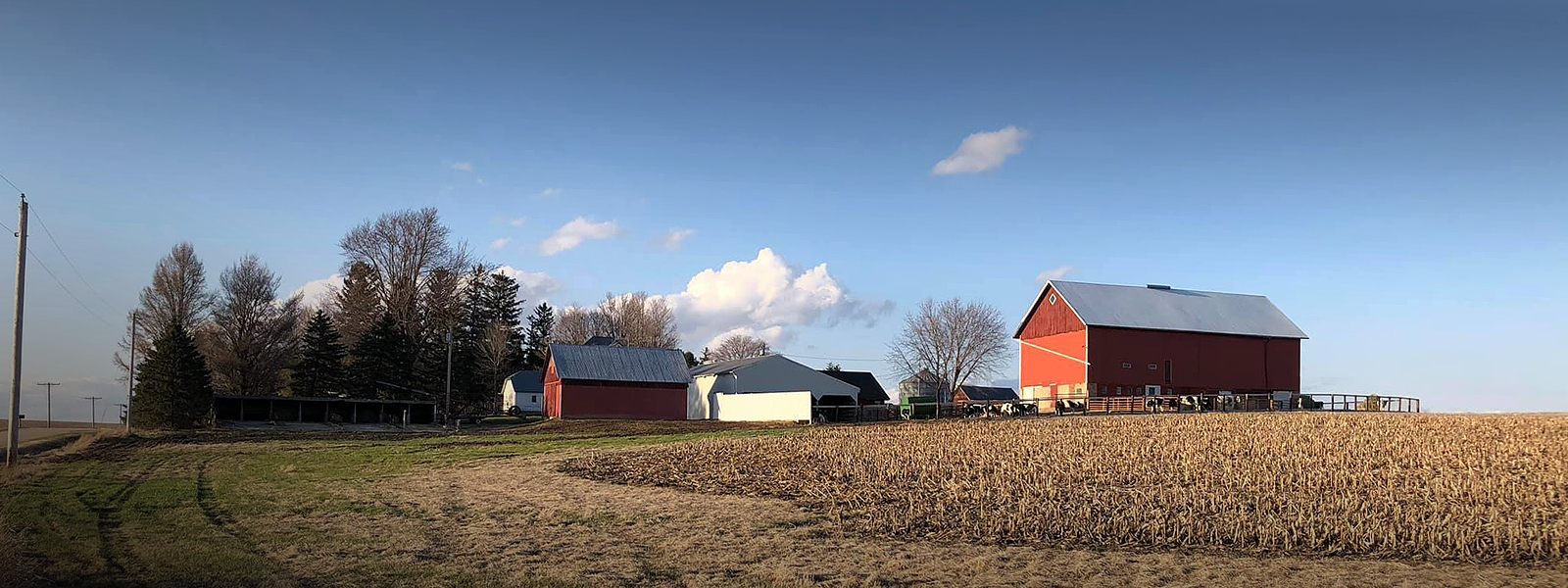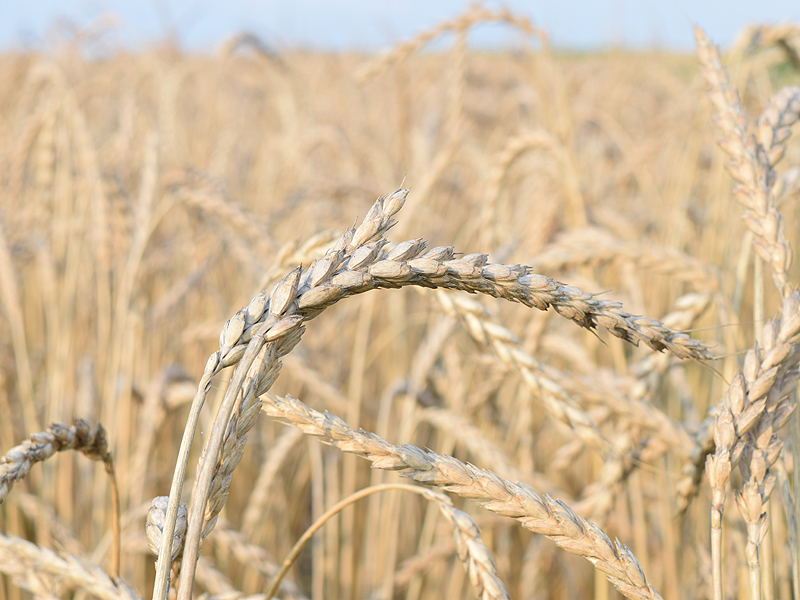
Farming Practices
Organic farming
Organic farming is a production system for growing crops that avoids the use of most human-made fertilizers and pesticides, applications of sewage sludge, genetic engineering, and radiation. In their place, animal manure, crop rotation, traditional plant breeding, and other materials and strategies are used to maintain economic crop yields, manage pests, and preserve environmental quality. Organic farming has been one of the fastest growing sectors within production agriculture in the U.S. and several other industrialized countries, and there is little indication that the demand for food grown organically will decline anytime soon.
Organic farming advocates claim that growing crops without human-made agricultural chemicals and using production strategies that consider a holistic, systems-based management approach results in food that is healthier to eat and an environment that is safer to live in. Those skeptical of organic farming methods suggest that there is little evidence that foods are healthier when grown organically, or that human-made fertilizers and pesticides pose a significant threat to the environment when used correctly. Further, organic farming critics claim that the only way farmers can feed the growing human population in the future is by using human-made agricultural chemicals and growing genetically engineered crops when available.
Only limited research on organic farming has occurred in the U.S. and other industrial countries in the last several decades. This is beginning to change as more agronomists and other scientists are studying organic farming methods. More will be learned about the advantages and disadvantages of organic farming compared with other crop production methods as additional research and well-designed scientific experiments are completed. In the meantime, organic farming will continue to be a frequent topic of debate by those supporting and those opposing this increasingly popular crop production method.

